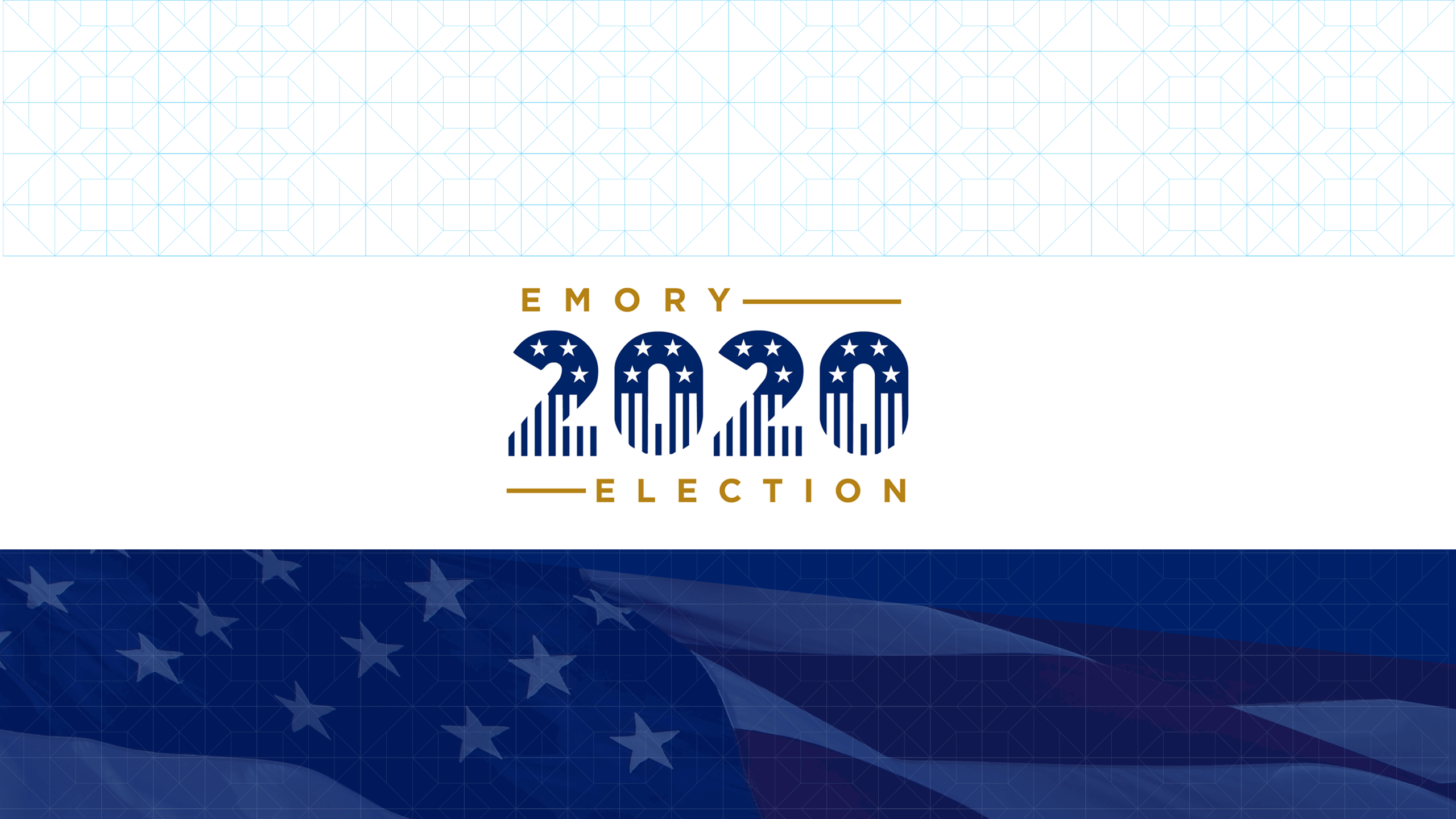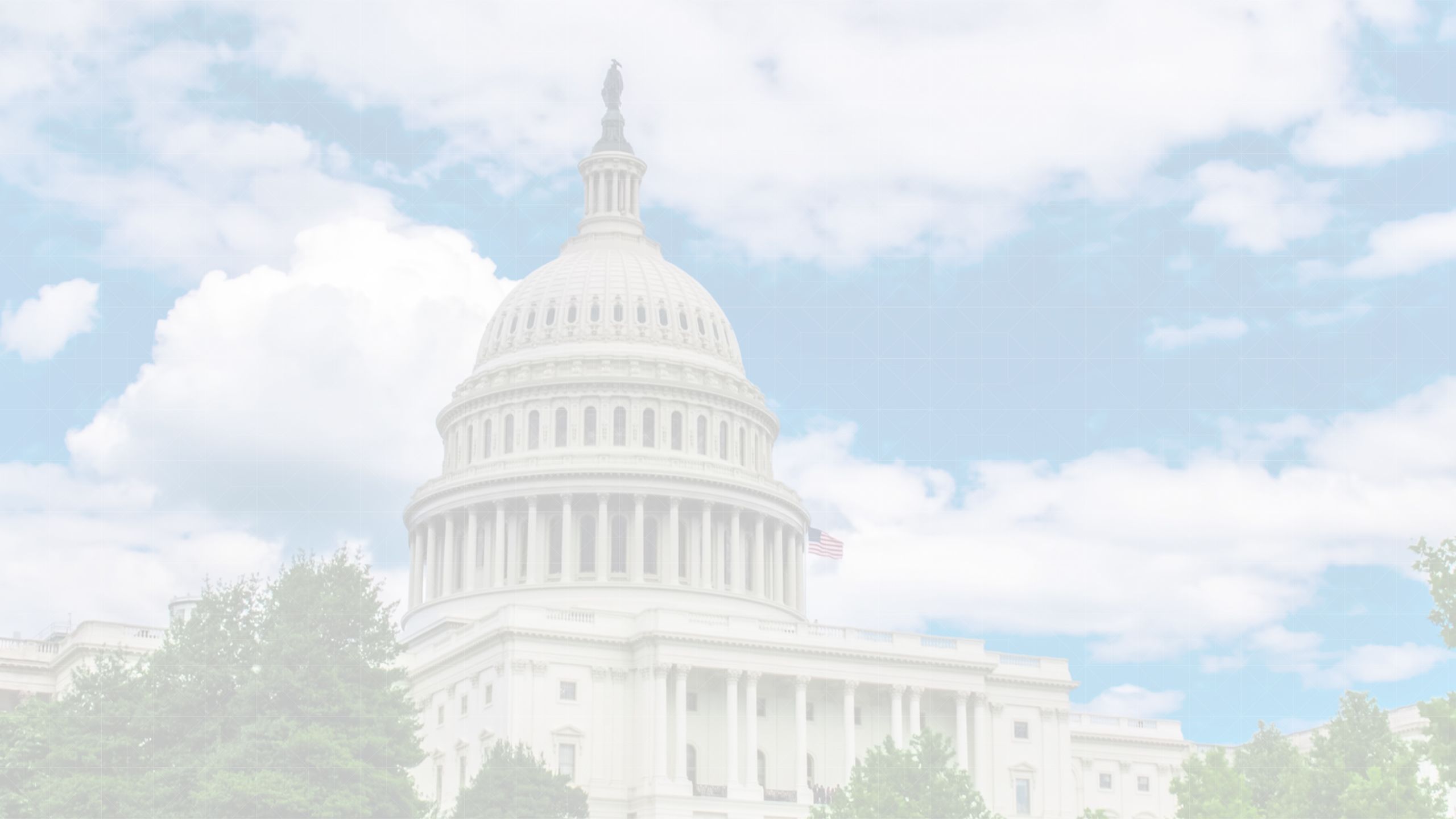

PEARL DOWE, Asa Griggs Candler Professor of Political Science and African American Studies, Emory College of Arts and Sciences and Oxford College
The historic choice of Kamala Harris as the first Black and Asian American woman vice-presidential nominee on a major party ticket amplified the voices of Black women who had called for the Democratic Party to support a woman of color on this year’s ticket. After decades of little representation at the highest levels of national government, Black women helped break through that glass ceiling, says Pearl Dowe — a milestone moment itself.
“The push to turn out African American voters is very strong — that was evident during the Democratic National Convention, in which every night speakers were targeting African American voters,” she says. “It was very clear the Biden campaign was placing an emphasis on increasing the turnout.”

Pearl Dowe, Asa Griggs Candler Professor of Political Science and African American Studies at Emory College of Arts & Sciences and Oxford College, discusses what Sen. Kamala Harris brings to the Democratic presidential ticket.

In fact, Dowe predicts a high turnout of Black, Latinx and Asian American women voters at the polls this year. “The question isn’t turnout,” she says. “The question is ‘Will white women continue to vote Republican the way they did in 2016?’” In the past 60 years, white women overwhelming supported a Democratic presidential candidate over a Republican candidate only twice — in 1964 and 1996, according to Dowe.
Early polling data indicates that Black male voters are “not as enthusiastic about the Biden-Harris ticket as Black women” — possibly in response to a narrative that Harris was tough on crime and contributed to a disproportionate number of African American men being incarcerated during her tenure as California’s attorney general, as well as lingering sexist beliefs that women don’t belong in leadership roles, notes Dowe.
Among Harris’ campaign strengths will be her ability to mobilize communities of voters, including a sprawling network of Alpha Kappa Alpha sorority sisters and fellow alumni from Howard University, among the nation’s 107 historically black colleges and universities. That constitutes a significant pool of college-educated professionals and potential voters capable of mobilizing other voters and donating money, says Dowe.
Studies show that Black women vote at higher rates than all other gender and racial subgroups, notes Dowe: “What is unique about Black women and voting is they not only turn out, they mobilize.”
Harris’ role may also signal a “changing of the guard” within the Democratic National Committee, which has elected only one African American (Ron Brown) to serve as a full-time chair. With her vice-presidential nomination, Harris may help open the door for more Black party operatives in visible positions, she adds.
That fits within the larger role that Black women are playing across the political spectrum in America, she says. This fall, 74 African American women are running for Congressional and statewide seats, notes Dowe. She predicts that many will win, making their own marks, serving their communities and increasing the strength of Democrats within Congress and state legislatures.
Pearl Dowe is co-author of “Remaking the Democratic Party: Lyndon B. Johnson as Native-Son Presidential Candidate” (2016) and editor of “African Americans in Georgia: A Reflection of Politics and Policy in the New South” (2010). Learn more about her here.




EMORY VOTES INITIATIVE

Every eligible member of the Emory community is strongly encouraged to make their voice heard by voting in the 2020 general election, no matter where they are learning and working this semester.
To help promote civic engagement, the Emory Votes Initiative (EVI) provides nonpartisan voter information and support for students, faculty and staff members.
Through the EVI website, voters can chart a path to the polls with resources such as TurboVote, which provides election information deadlines and reminders; learn about absentee and vote-by-mail options; and discover digital opportunities for community engagement.
EVI and the Emory Alumni Association are also hosting several opportunities to engage with Emory's election experts. Visit the EVI calendar or the Emory Alumni Association for more information about upcoming events, including an Oct. 29 last-minute analysis with professor Alan Abramowitz and Nov. 5 post-election analysis with professor Andra Gillespie.
To encourage all employees to exercise their right to vote, Emory’s Voting Policy allows up to four hours of paid time for the purpose of voting. Those four hours may be used for either early voting or voting on Nov. 3. Those who intend to use this paid time in order to vote should notify their supervisors in advance.

To learn more about faculty insights related to the 2020 presidential election, visit Emory Election 2020.

NEED TO KNOW MORE?
Please visit Emory University and Emory News Center.

